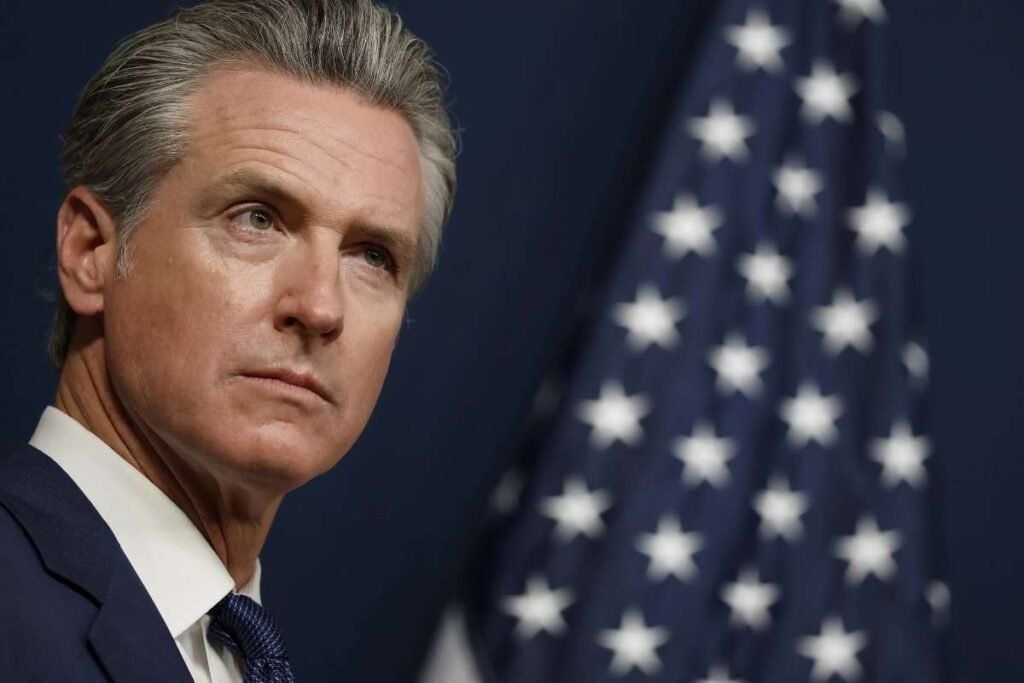California, Oregon, and Washington have formed a public health alliance to maintain science-based vaccine recommendations, responding to concerns that federal guidance has become inconsistent and politically influenced. The partnership, announced Wednesday, seeks to reassure residents that immunization policies in these states will continue to reflect rigorous clinical data and established public health standards.
The west coast governors said their goal is to ensure that vaccine access and recommendations remain anchored in scientific evidence rather than shifting political agendas. “Our responsibility is to protect people with data, not ideology,” their joint statement read.
Science as the Cornerstone of Vaccine Policy
For decades, vaccine guidance in the United States has relied on comprehensive evaluation by expert bodies such as the Food and Drug Administration (FDA) and the Centers for Disease Control and Prevention (CDC). These agencies assess vaccines through large-scale clinical trials, immunological research, and ongoing safety monitoring to ensure that every recommendation is supported by the strongest available evidence.
Central to this process is the CDC’s Advisory Committee on Immunization Practices (ACIP), a panel of independent experts in epidemiology, immunology, pediatrics, and public health. ACIP reviews disease patterns, vaccine effectiveness, and community health impacts before issuing recommendations that guide vaccination schedules nationwide. These deliberations ensure that vaccine policies address not only individual safety but also the collective benefits of preventing outbreaks of vaccine-preventable diseases.
The recent restructuring of ACIP, however, has raised alarm among scientists and clinicians. Critics argue that replacing seasoned experts with individuals skeptical of vaccines risks undermining decades of scientific progress and eroding public trust in immunization programs.
Unified Guidance to Protect Public Health
Public health leaders warn that without unified, science-driven recommendations, the United States could see a fragmented science-based vaccine vaccination system where policies differ sharply from state to state. Such divisions complicate efforts to prevent disease spread and may create inequities in who can access vaccines and when.
The FDA recently approved an updated strain of the COVID-19 science-based vaccine, intended to reflect evolving variants of the virus. Traditionally, ACIP would have swiftly reviewed the evidence to determine which populations should receive the updated dose and when. Instead, delays in federal guidance have left pharmacies uncertain about whether they can administer the vaccine broadly, leading to gaps in access during a time of rising infections and hospitalizations.
By forming the West Coast Health Alliance, California, Oregon, and Washington aim to provide clarity where federal leadership has faltered. The West Coast Governors stressed that their joint recommendations will reflect clinical evidence, epidemiological trends, and established safety monitoring systems. Their approach will also reinforce the importance of age-specific guidance, ensuring that high-risk populations such as older adults and immunocompromised individuals receive timely protection while maintaining access for broader groups when evidence supports it.
Clear, Evidence-Based Communication
Experts emphasize that effective science-based vaccine vaccination programs rely not only on scientific rigor but also on clear and accessible communication. Healthcare providers, pharmacists, and patients need straightforward, evidence-based information to make informed decisions about immunization. Confusion about vaccine availability, eligibility, or safety risks undermining public confidence and can reduce uptake of lifesaving interventions.
The West Coast Health Alliance said it intends to prioritize transparency in its guidance, issuing recommendations that are consistent, accessible, and rooted in data. By doing so, the states hope to counter misinformation and give providers and residents confidence that vaccine schedules are built on rigorous science.
Public health professionals caution that the stakes are high: vaccines remain one of the most effective tools to prevent severe illness, hospitalization, and death from infectious diseases. Consistency in vaccine policy not only protects individuals but also shields communities by reducing transmission and maintaining herd immunity.
As the federal government undergoes a period of uncertainty in its public health leadership, the alliance of California, Oregon, and Washington underscores the enduring importance of science-driven decision-making. For millions of residents, the initiative represents a commitment to preserving the integrity of vaccine policy and the trust that underpins it.









